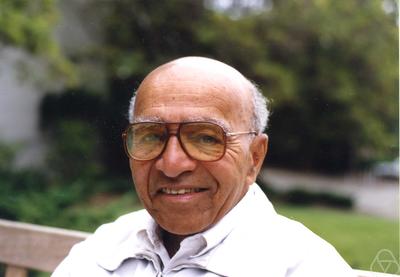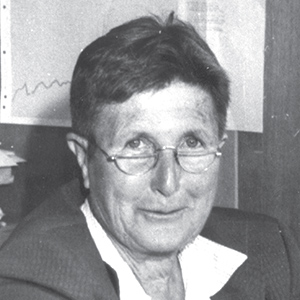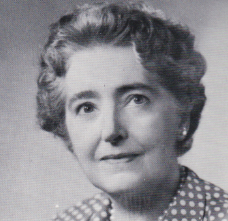Threads of statistical history¶
- Cryptography: Al-Khalīl, 750, Al-Kindi, 800, Ibn ’Adlan, 1200
- Gambling: Bernoulli, 1700, de Moivre, 1718
- Astronomy/physics: Laplace, 1780, Adrain, 1800, Gauss, 1800
- Public health: Quetelet, 1835, Nightingale, 1850
The "birth of modern statistics"¶
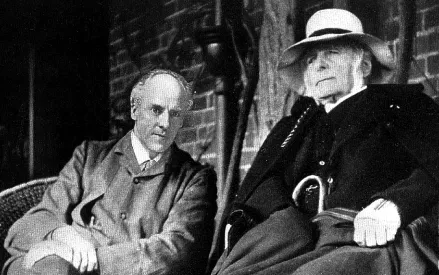
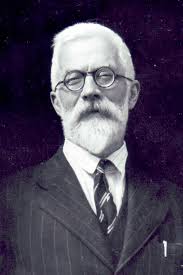
Galton's science¶
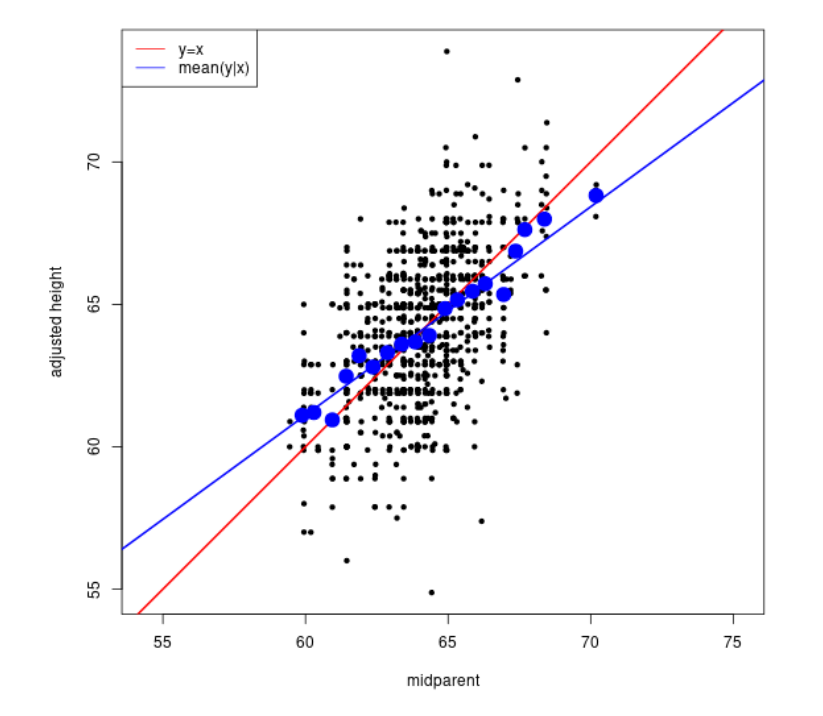
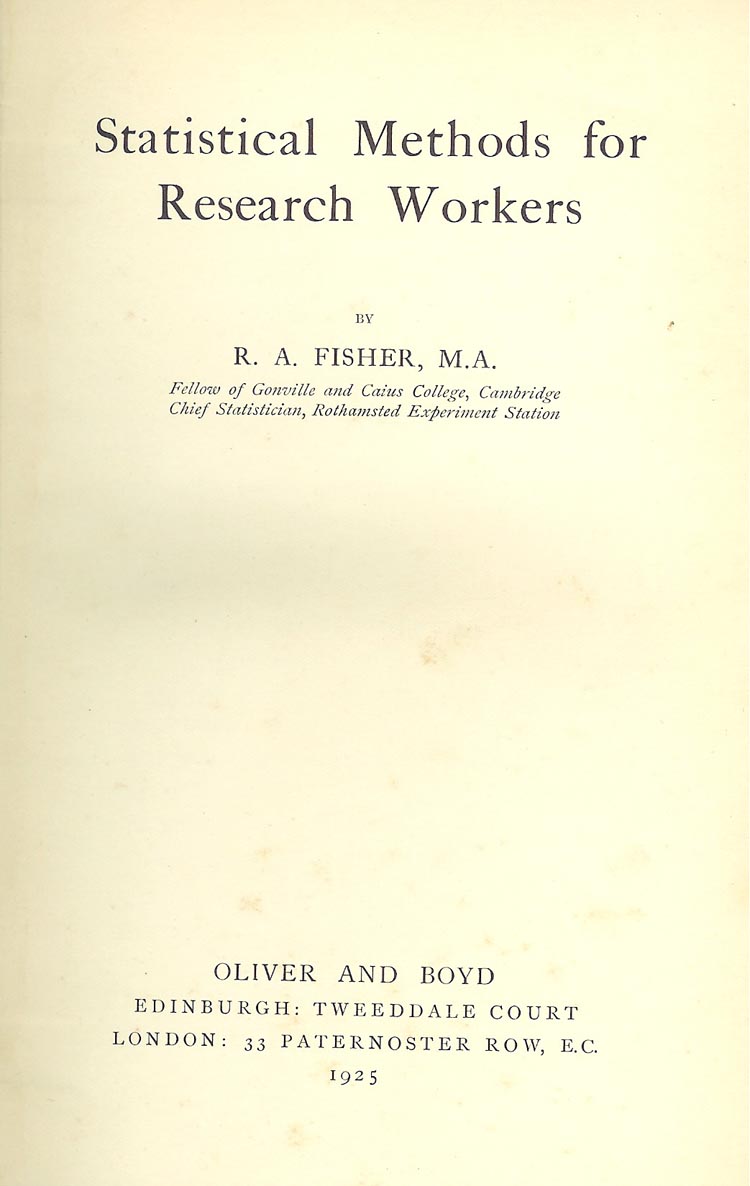
Karl Pearson:
- correlation coefficient; $p$-value
- head of the first Department of Applied Statistics as the Galton chair of Eugenics
- focus on "biometry"
RA Fisher:
- developed ANOVA, maximum likelihood, lots of evolutionary theory
- Galtong chair of Eugenics, succeeding K. Pearson
Eugenics?¶
Now, if you are going to take Darwinism as your theory of life and apply it to human problems, you must not only believe it to be true, but you must set to, and demonstrate that it actually applies. […] It was not a light task, but it gave for many years the raison d’etre of my statistical work.
Pearson, 1912, in ‘Darwinism, Medical Progress and Eugenics’. Eugenics Laboratory Lecture Series, IX
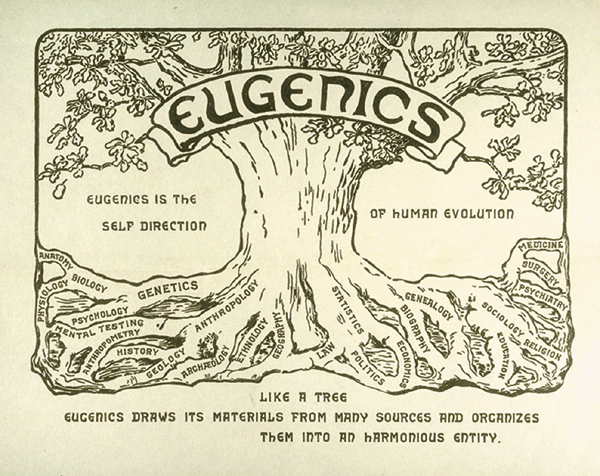
Who gets to "direct"?¶

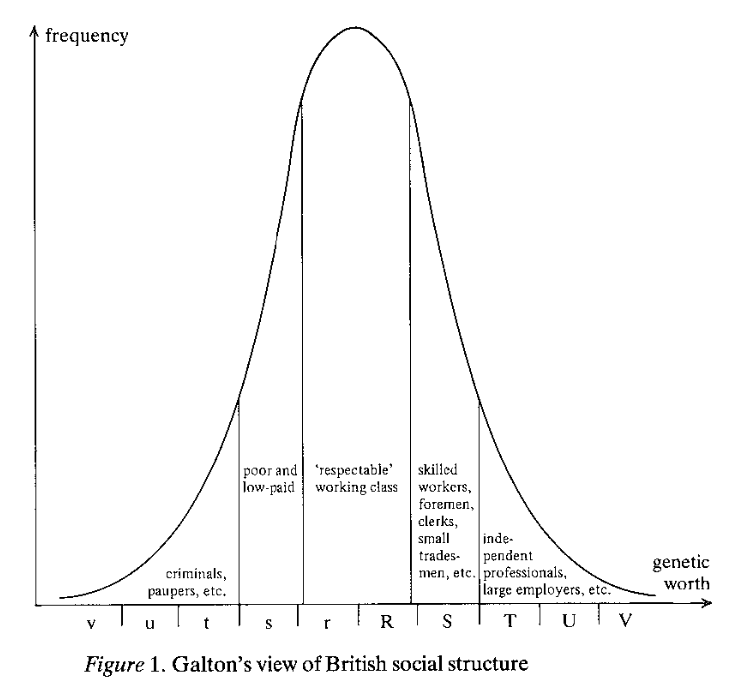
PSA: eugenics is a bunch of bullshit
Pearson and tuberculosis¶
caused by Mycobacterium tuberculosis
occurs more often among relatives
major risk factors: silicosis (30x), malnutrition, smoking, alcoholism, crowding
minor: genetics (mostly immune-related)
Pearson: it’s hereditary!
Fisher and smoking:¶
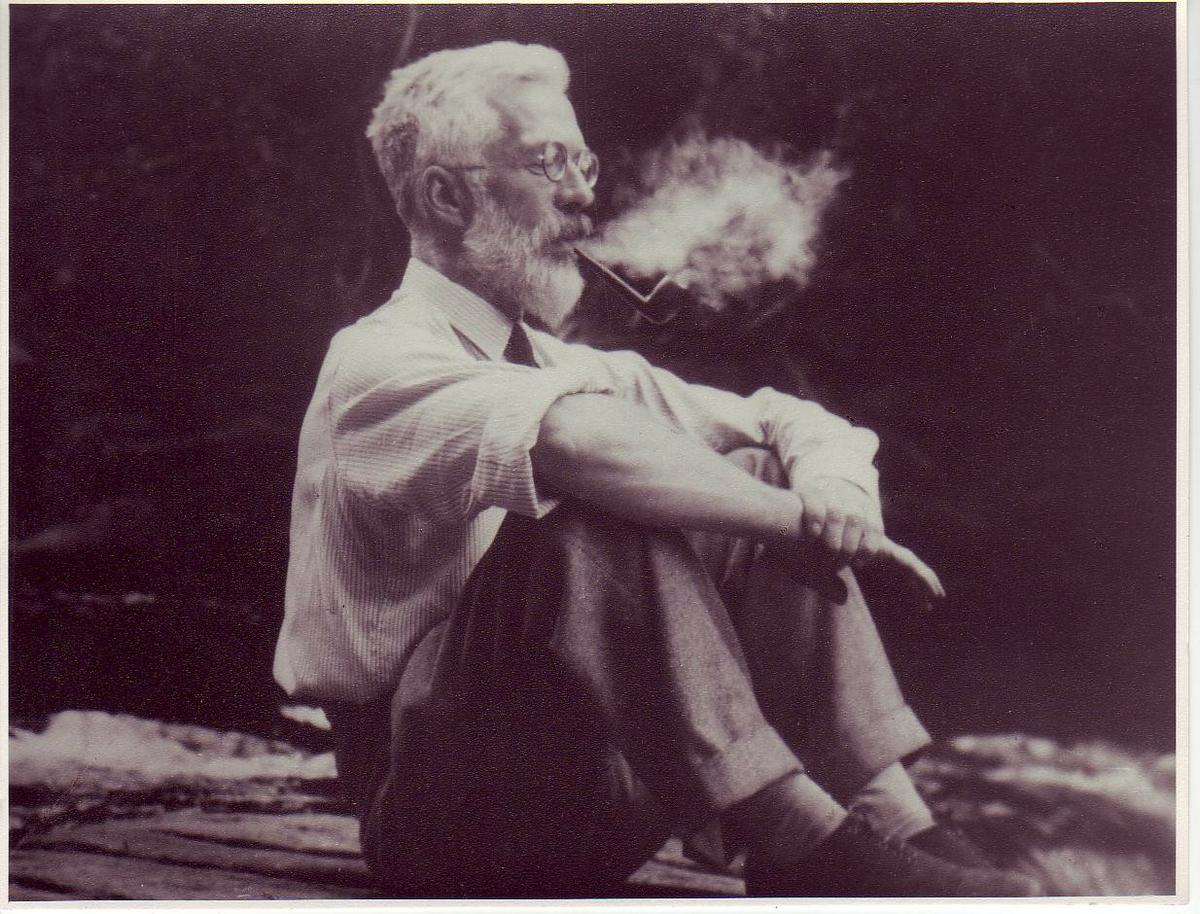
Hill & Doll: retrospectively compare cancer rates between matched smoking/nonsmoking pairs
Hill & Doll: prospectively compare cancer rates between smoking/nonsmoking doctors
etcetera
Fisher: Correlation is not causation. Let’s calmly study this a while longer.
Looking forward¶
Pearson & Fisher had a big impact in part because (they were pushy and) they were working towards something.
Today we have many problems that we need quantitative work to solve.
Where do you want to have an impact?
Some sources¶
- Eugenics and Statistics, by Nathaniel Joselson
- Statistics in Britain, 1865-1930, by Donald MacKenzie
- RA Fisher and the science of hatred, New Statesmen, by Richard J Evans
- Empire of Guns, by Priya Satia
- Fisher and lung cancer, Priceonomics
- How Eugenics Shaped Statistics, by Aubrey Clayton
